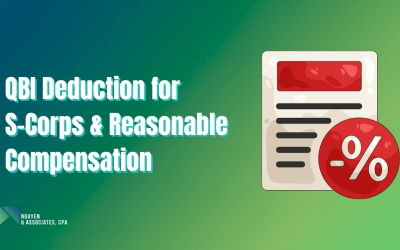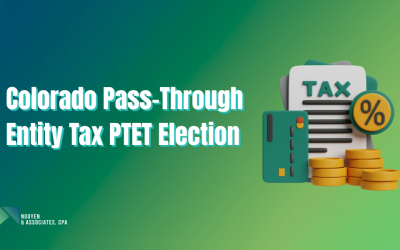
The question is whether you should be buying a vehicle and putting it under your name personally or under your business name. There is a misconception that if you own a business and you buy a vehicle under your business name that you can then “write off’ the vehicle on your income taxes. We want to shed some light on business vehicle purchases.
Legitimate Business Vehicles
Many businesses have vehicles that are purchased legitimately for business use. If you have company vehicles like a van or a truck that are used for your construction business, these need to be purchased under your business name. Another example would be if you are in the business of renting cars and you have a fleet of cars, those need to be purchased under your business name. Or you are in the business of buying and selling vehicles you need to purchase those vehicles under your business name.
Business Vehicle Purchase
What happens when you purchase a vehicle and you put it “under your business”? What does that even mean? First, that means when you buy a vehicle you register it or title it under the name of your business. That is the first thing you have got to do. The second thing is, if you are financing the vehicle, it must be financed under the name of your business. The vehicle must also be insured under your business. All the legal aspects of the vehicle need to be tied to your business.
Negatives to Purchasing “Under the Business”
There are some consequences to purchasing a car under your business name.
- Putting your car in the name of the business increases the liability on your business and may be more expensive in the long run. Lenders will often charge more interest, or a higher interest rate when financing a purchase as a business.
- Your insurance will be more complicated. You must have proper liability insurance and auto insurance to cover your company vehicle. The liability for any accidents that occur while using the vehicle will fall on your business.
- The vehicle must be driven for business use only (or most of the time). If you are using a business vehicle for personal use as well, then you must take a personal use tax.
Benefits to Purchasing “Under the Business”
Purchasing a vehicle under your business does have some benefits.
- The vehicle’s taxes, insurance, and gas will be deductible to the business if your car is properly registered and accounted for under your business.
- The vehicle is considered a fixed asset for your business. This means that you can take the depreciation of the vehicle over time – typically five years for a car. Let’s say you bought a car for $50,000 then you typically would take a $10,000 depreciation for five years.
- There are special rules for small business owners that let you depreciate more of the car’s value up front, depending on the type of the car. Section 179 of the Tax Code (the 6,000 pound vehicle deduction rule) allows you to take the full value of the car’s depreciation in the year of purchase. Check out the Tax Code for more detail on that deduction.
A Better Solution
There is a better solution if you use your vehicle frequently for business but not solely for your business. Purchase the car as a personal vehicle, finance, register and insure it under your name. Then take the federal mileage deduction or reimburse yourself using the federal mileage rate through your business. For 2020, the mileage rate is 57.5 cents per mile, which is a good deduction, especially if you drive a lot.Now to write off mileage correctly, and for it to count legitimately on your tax return and stand up to an audit you need to keep track using a mileage log. There are tools out there now that let you do this very easily. There is a great app called Mile IQ. Mile IQ uses the GPS on your phone to track where you drive and then it separates the mileage into trips. Once it separates your trips, you can classify each trip as either business or personal. This gives you an incredibly detailed log of your business trips and your personal trips. These are the type of logs that the IRS needs to see if they audit your mileage. This type of system should be in place up front rather than attempting to recreate it in the case of an audit.



